Are you a passionate wine collector? Then perhaps this article is for you: what are the best dual temperature wine cellars?
The dual temperature wine cellar represents a fundamental innovation for wine enthusiasts and collectors who wish to preserve the organoleptic characteristics of their favorite bottles. Wine conservation, in fact, is not simply a question of space or aesthetics: it is an art that requires the right attention to temperature, humidity and stability conditions. With the evolution of technologies and increasingly refined design, the market today offers a variety of cellar models, capable of satisfying the most diverse needs, from conservation capacity to the management of different types of wine.
Why choose a dual temperature wine cellar
The peculiarity of a dual temperature wine cellar lies in its ability to maintain two compartments at different temperature conditions, simultaneously. This characteristic proves essential for the optimal conservation of red, white and sparkling wines, which require specific climatic conditions to best bring out their flavours, aromas and organoleptic characteristics. For example, while a red wine can be stored at a slightly higher temperature, white wines and sparkling wines require a cooler environment to preserve their freshness and liveliness.
In addition to dual temperatures, the importance of technologies such as the anti-vibration system and humidity control becomes crucial. Vibrations, in fact, can alter the aging process of the wine and disturb the sediments, while a correct level of humidity is vital to keep the corks intact, preventing oxidation and loss of quality of the wine. These technologies not only guarantee the ideal maturation of the wine but also preserve its quality over time, ensuring that each bottle can be enjoyed at its peak of expression.
Selection criteria
Capacity and dimensions
Choosing the right wine cellar starts from evaluating the capacity, expressed in the number of bottles it can contain, and the dimensions of the unit. Carefully consider the space available in your home and the number of bottles you wish to store. More compact models are ideal for limited spaces or smaller collections, while larger wine cellars meet the needs of serious collectors or those with more space available.
Energy efficiency
The energy class of a wine cellar is essential to guarantee sustainable energy consumption. Opting for models with a good energy class means reducing the environmental impact and, at the same time, saving on the electricity bill. This is an important aspect to consider, especially for equipment intended to remain on continuously.
Humidity and temperature control
For long-term wine storage, it is essential that the wine cellar offers advanced humidity and temperature control systems. These systems guarantee that each type of wine is stored in the ideal conditions to preserve its quality and organoleptic characteristics over time.
Noise
Noise can be a decisive factor, especially if you plan to place the wine cellar in living environments such as the dining room or kitchen. Models with low noise levels improve living comfort, allowing you to enjoy your home without distractions or annoyances.
Design and materials
The design and materials of a wine cellar not only influence the aesthetic appearance but also the integration with the rest of the furniture. Quality materials and an attractive design can transform the wine cellar from a simple appliance to a piece of furniture, contributing to the overall aesthetics of your home.
The Best Models on the Market
Liebherr
Liebherr stands for maximum efficiency and advanced functionality. This brand offers flagship models for those who do not want to compromise in terms of performance, capacity and technological innovation, making them ideal for the most demanding enthusiasts.
Haier
Haier stands out for the excellent value for money of its wine cellars, which combine high energy efficiency, generous capacities and smart features, such as remote control. They are an excellent choice for those looking for practicality and reliability at an affordable price.
Klarstein
Klarstein offers a variety of wine cellars that satisfy the desire for an attractive design without sacrificing performance and capacity. These models are perfect for those seeking a balance between aesthetics and functionality, easily adapting to different furnishing styles.
The Little Fields
For those who need great storage capacity without sacrificing elegance, Les Petits Champs offers models with sophisticated design and spacious storage solutions. These models combine luxury and practicality, ideal for wine lovers with extensive collections.
Final Considerations
Choosing the best dual temperature wine cellar is an important decision for anyone who wants to best preserve their bottles of wine, guaranteeing the ideal temperature for each type.
Key factors to consider include unit capacity and size, energy efficiency, humidity and temperature control, noise, and finally design and materials. Each of these elements plays a crucial role in determining the best wine cellar for your specific needs.
Frequently Asked Questions (FAQ)
- Is humidity control necessary for all types of wine?
Humidity control is particularly important for the long-term storage of red wines, where maintaining an intact cork is crucial to avoid oxidation. However, for short-term storage or wines that will be consumed relatively soon, strict humidity control may not be essential.
- What is the main difference between compressor and thermoelectric system?
The main difference between compressor and thermoelectric systems lies in the cooling capacity and noise level. Compressor systems are more powerful and capable of reaching lower temperatures, ideal for hot climates and for storing white and sparkling wines. Thermoelectric systems, on the other hand, are generally quieter and cost less, but can struggle to maintain very low temperatures in hot environments.
- How does the energy class influence the choice of wine cellar?
The energy class of a wine cellar directly affects the energy consumption and, consequently, the operating costs of the unit. Models with a higher energy class are more efficient and have a lower environmental impact, resulting in significant savings in the long term. Therefore, choosing a wine cellar with a good energy class is essential for those looking for a sustainable and economically advantageous solution.






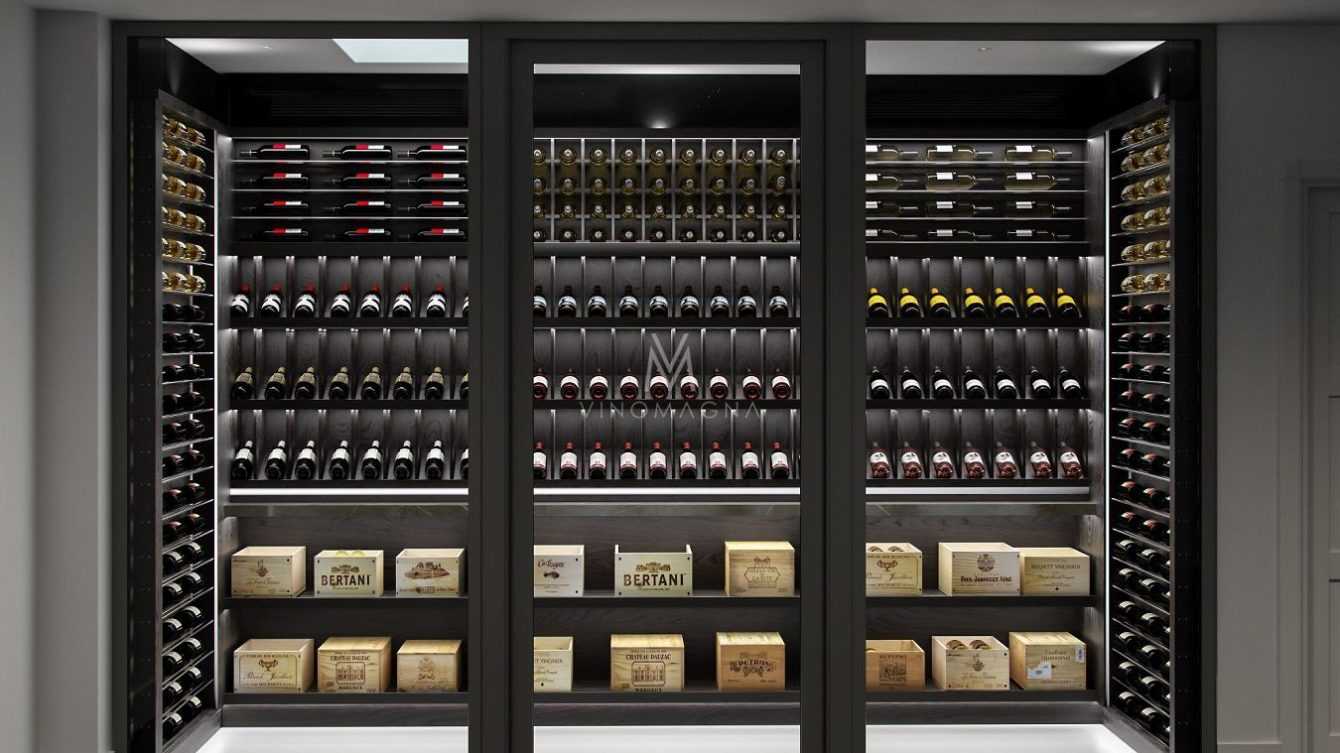





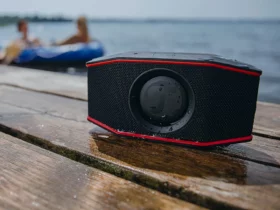
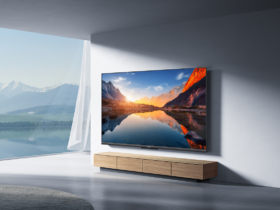
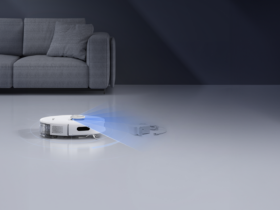
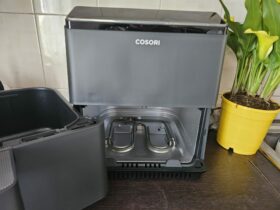
Leave a Reply
View Comments